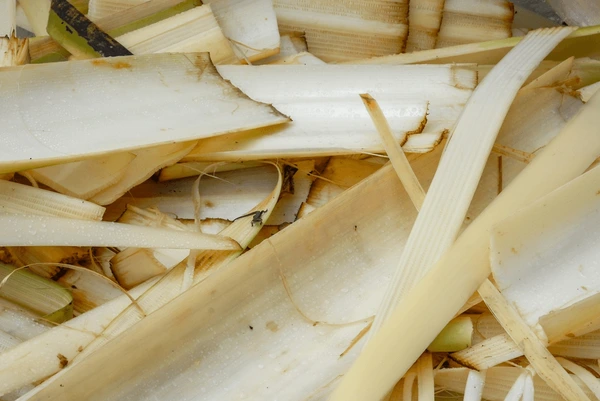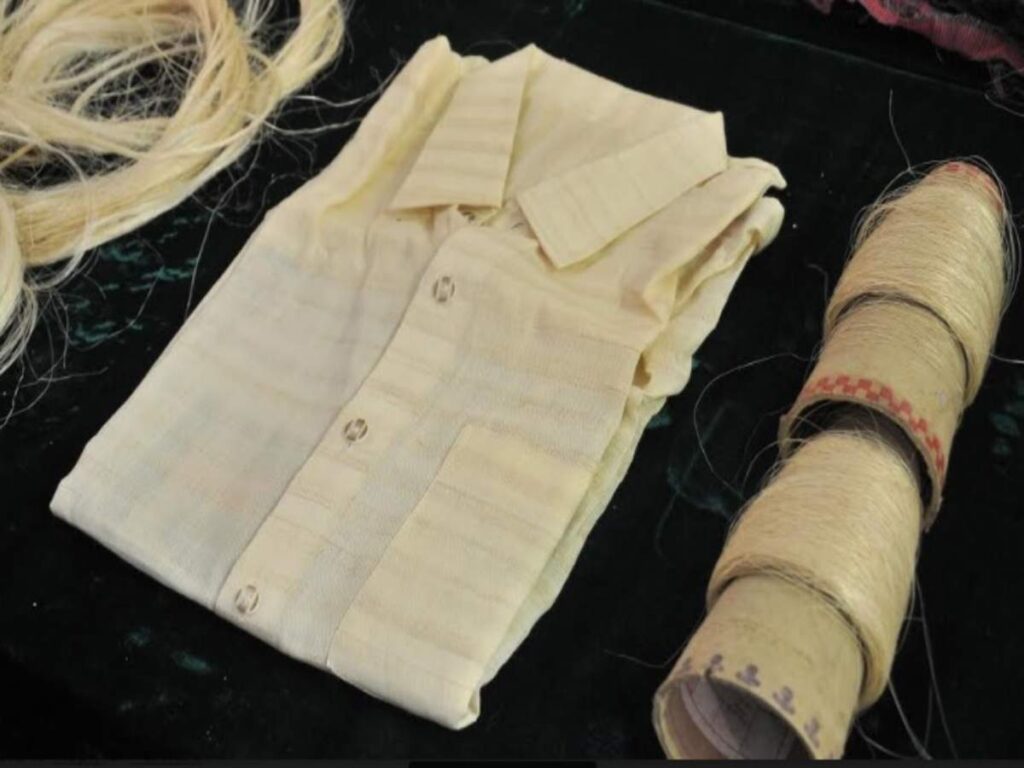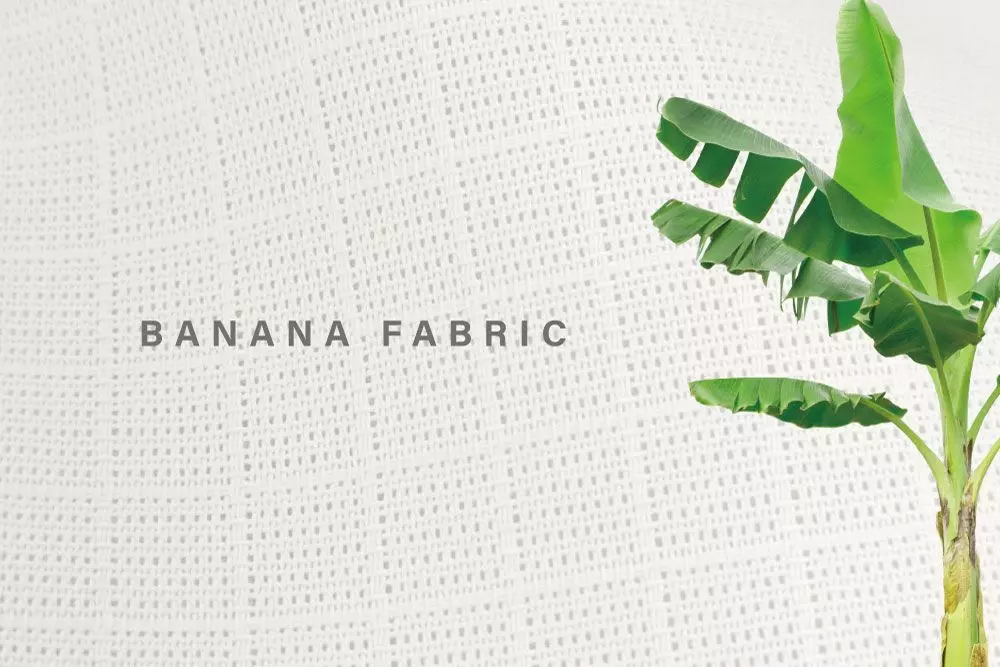
Changhua, Taiwan, Sept 18
A pioneering venture in Changhua, Taiwan, is transforming banana plant waste into high-value, eco-friendly textiles, offering a bold new vision for the global fashion industry. Spearheaded by entrepreneur Nelson Yang, Farm to Material utilizes banana pseudostems—the stalks typically discarded post-harvest—to produce strong natural fibers for yarn and vegan leather.

As Taiwan’s status as the “banana kingdom” faded with the rise of semiconductor exports, vast amounts of banana plants were left unused. Yang’s company diverts this agricultural waste, extracting fibers that are then woven into fabric, drastically reducing the environmental footprint of clothing manufacturing. The process aligns with European brands’ calls for food and materials to be derived from the same land, maximizing agricultural output.
The extracted banana fibers are spun into yarn to be used in socks or blended with cotton, and processed into vegan leather for footwear and accessories. These fibers outperform conventional cotton in terms of water efficiency, absorbency, and consistent supply. Charlotte Chiang, director of innovation at the Taiwan Textile Federation, cites banana fiber’s advantages as game-changing for fashion sustainability.
While commercial adoption is still in its infancy, Farm to Material is setting a strong example, merging old agricultural pride with new sustainability ideals. Every piece of banana-fiber clothing signals a step toward greener fashion and reminds the world of Taiwan’s enduring ingenuity.

Nelson Yang’s factory demonstrates the entire process, from collecting banana plant waste to transforming it into thread and finished garments. The innovative factory floor, brimming with both raw stalks and spun yarn, highlights the intersection of modern technology and agricultural tradition.
As global fashion brands face mounting pressure to reduce their environmental footprint, Farm to Material’s innovation arrives at a crucial moment. The sustainable banana fiber textile market is projected to experience explosive growth, with industry analysts forecasting a compound annual growth rate of 19.2% through 2033, potentially reaching $1.5 billion in market value.

For Taiwan, this represents more than just a business opportunity—it’s a chance to reclaim its agricultural heritage while pioneering the future of sustainable manufacturing. With the island’s strong foundation in precision agriculture and smart farming technologies, Yang’s vision of transforming waste into wearables could position Taiwan as a global leader in bio-based textiles.
The question isn’t whether consumers will embrace banana fiber clothing, but how quickly the fashion industry can scale this innovative solution. As Yang continues refining his process in Changhua, he’s not just creating textiles—he’s weaving together Taiwan’s agricultural past with its sustainable future, one banana stalk at a time.
For more stories on sustainable innovation and green technology sector, visit www.whitehorsedaily.com.